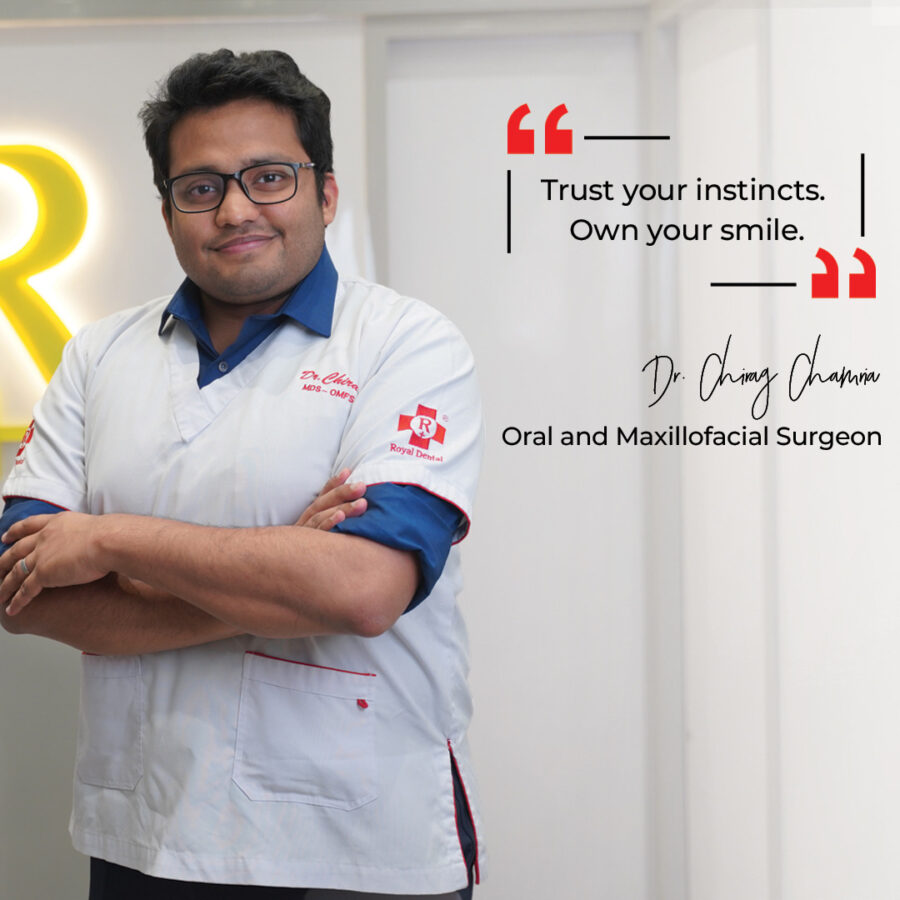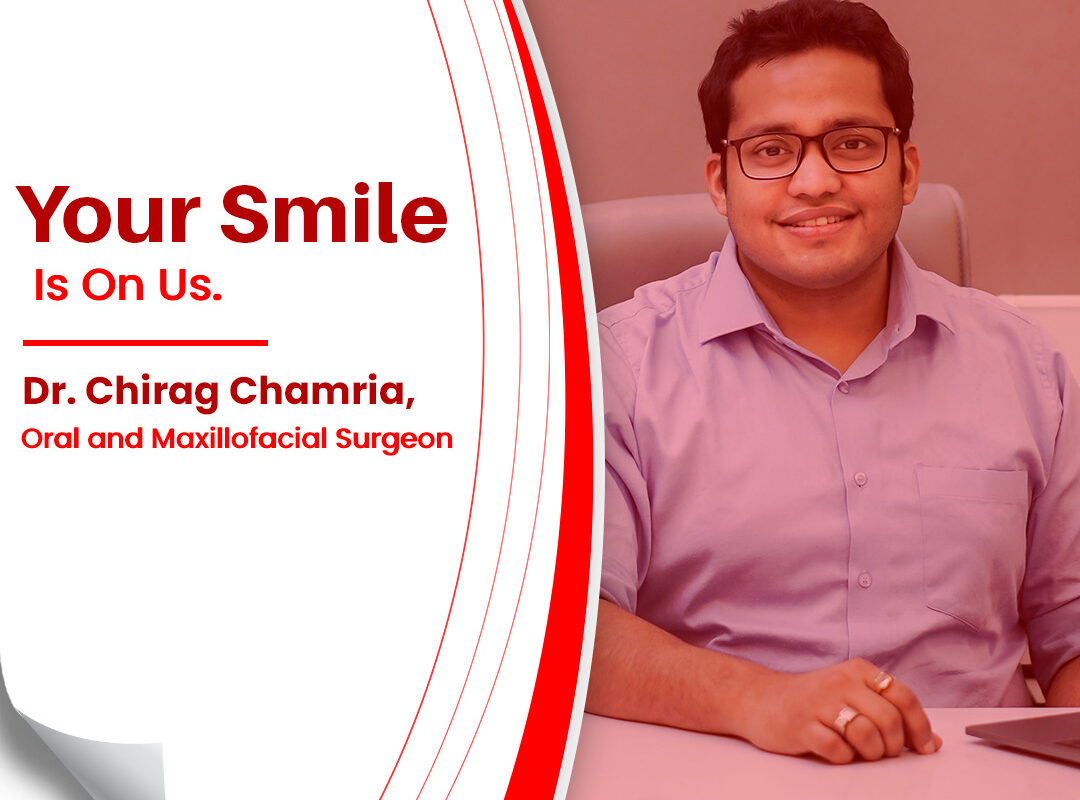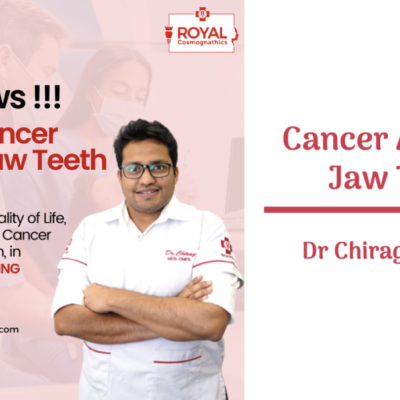Maxillofacial surgery is an extremely demanding and challenging field of medicine. Maxillofacial surgeons work with some of the most vulnerable and damaged populations, and their work has a direct impact on their patients’ quality of life. It takes a special kind of person to become an oral surgeon, one who understands the challenges, can achieve their goals. Operative time is minimal in maxillofacial surgery because external appearance isn’t the primary concern; function is. Many other surgical fields focus on aesthetics as much or more than functionality. The ability to handle stress well, have compassion for patients, and have an affinity for anatomy are all crucial components to being successful in this field.
What is maxillofacial surgery?
Maxillofacial surgery is the branch of dentistry and surgery that is dedicated to the diagnosis and treatment of diseases and injuries that affect the head and neck, including the teeth and gums, bones, muscles, and nerves. Maxillofacial surgeons also treat people with facial deformities caused by birth defects, cancer, or trauma. Their expertise includes the surgical correction of cleft palates, complex dental problems, reconstructive surgery of the head and neck, facial pain, and management of facial fractures.

Dentists who specialize in oral surgery, or the management and treatment of diseases and injuries of the mouth, teeth, and gums, are also considered maxillofacial surgeons. The majority of people who work in this field are dentists who perform oral surgery, such as the removal of wisdom teeth.
Why become a maxillofacial surgeon?
Becoming a maxillofacial surgeon is no easy task. Because of the demanding nature of the field, it is not for everyone. Those who choose this path must have a certain level of dedication and passion to succeed. Maxillofacial surgeons can expect long hours and constant pressure. Fortunately, the reward is great: the ability to help people regain control of their lives. Oral surgeons have an enormous impact on their patients’ quality of life and ability to function normally. Their expertise and specialized skill set allow them to help people regain their self-confidence and ability to enjoy life.

What do maxillofacial surgeons do?
Consultants in oral and maxillofacial surgery (OMFS) diagnose and treat patients with diseases affecting the mouth, jaws, face and neck. You’ll work with patients of all ages in a rewarding field where treatment to someone’s face can make a huge difference to their quality of life.
At the end of your dental program, you receive your Doctor of Dental Surgery (DDS) or Doctor of Dental Medicine (DDM) degree. Both allow you to practice dentistry, however, to become an oral and maxillofacial surgeon, you need to complete advanced training to obtain your medical degree.

The road to becoming a maxillofacial surgeon
The path to becoming a maxillofacial surgeon is not a short one. It requires a great deal of time, effort, and sacrifice. There are many different educational pathways to becoming a maxillofacial surgeon, but all require a bachelor’s degree, three years of dental school, and four years of medical school. Many people choose to pursue a combined degree program. Which allows them to finish medical school in six years instead of eight.
Once a person has graduated from medical school, they must complete a residency in maxillofacial surgery. This is a three-year period where the doctor is trained in the field. And treated as a resident physician, not a fully licensed practitioner. During this time, the surgeon learns the skills needed to diagnose and treat their patients. They must also pass written and oral board exams to become licensed.
Key takeaways
Maxillofacial surgery is the branch of dentistry and surgery that is dedicated to the diagnosis and treatment of diseases and injuries that affect the head and neck, including the teeth and gums, bones, muscles, and nerves. Maxillofacial surgeons also treat people with facial deformities caused by birth defects, cancer, or trauma. Becoming a maxillofacial surgeon is no easy task. It requires a great deal of time, effort, and sacrifice. There are many different educational pathways to becoming a maxillofacial surgeon. But all require a bachelor’s degree, three years of dental school, and four years of medical school. Once a person has graduated from medical school, they must complete a residency in maxillofacial surgery.






